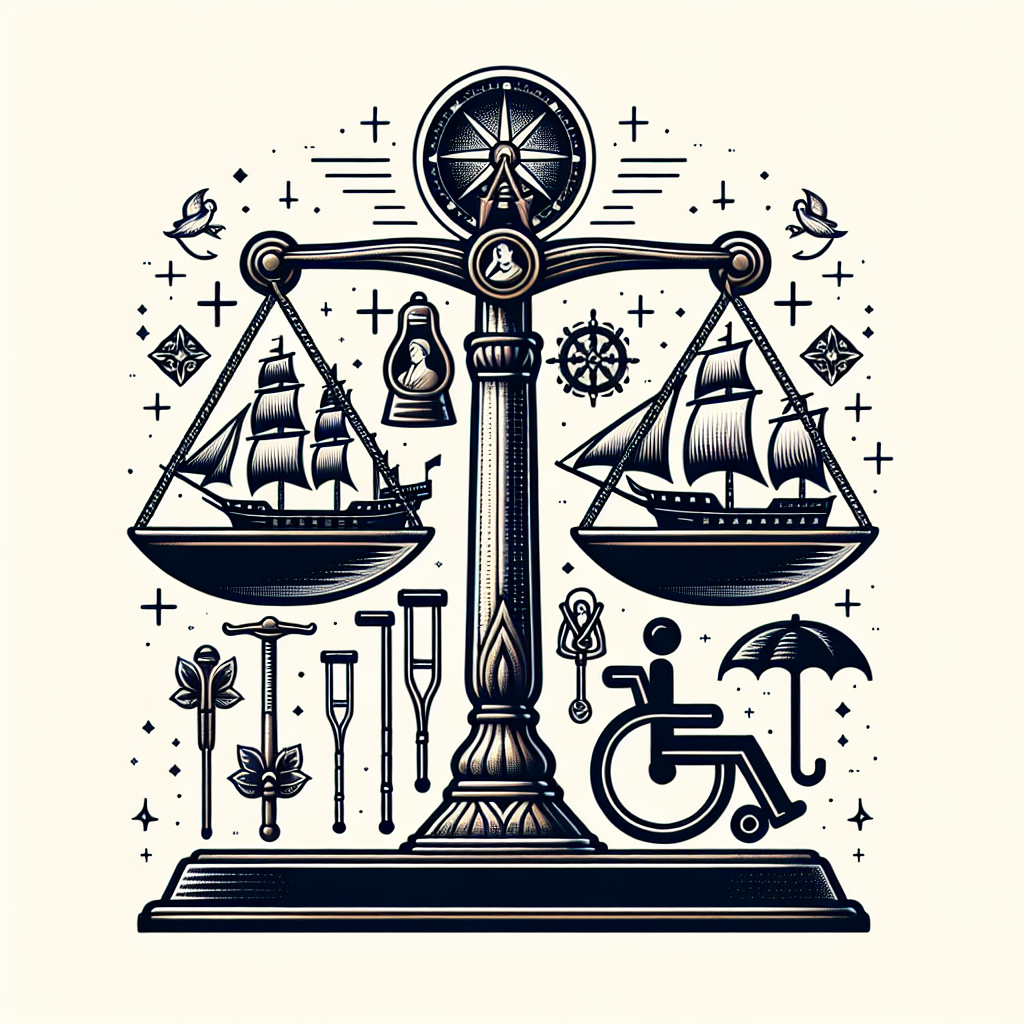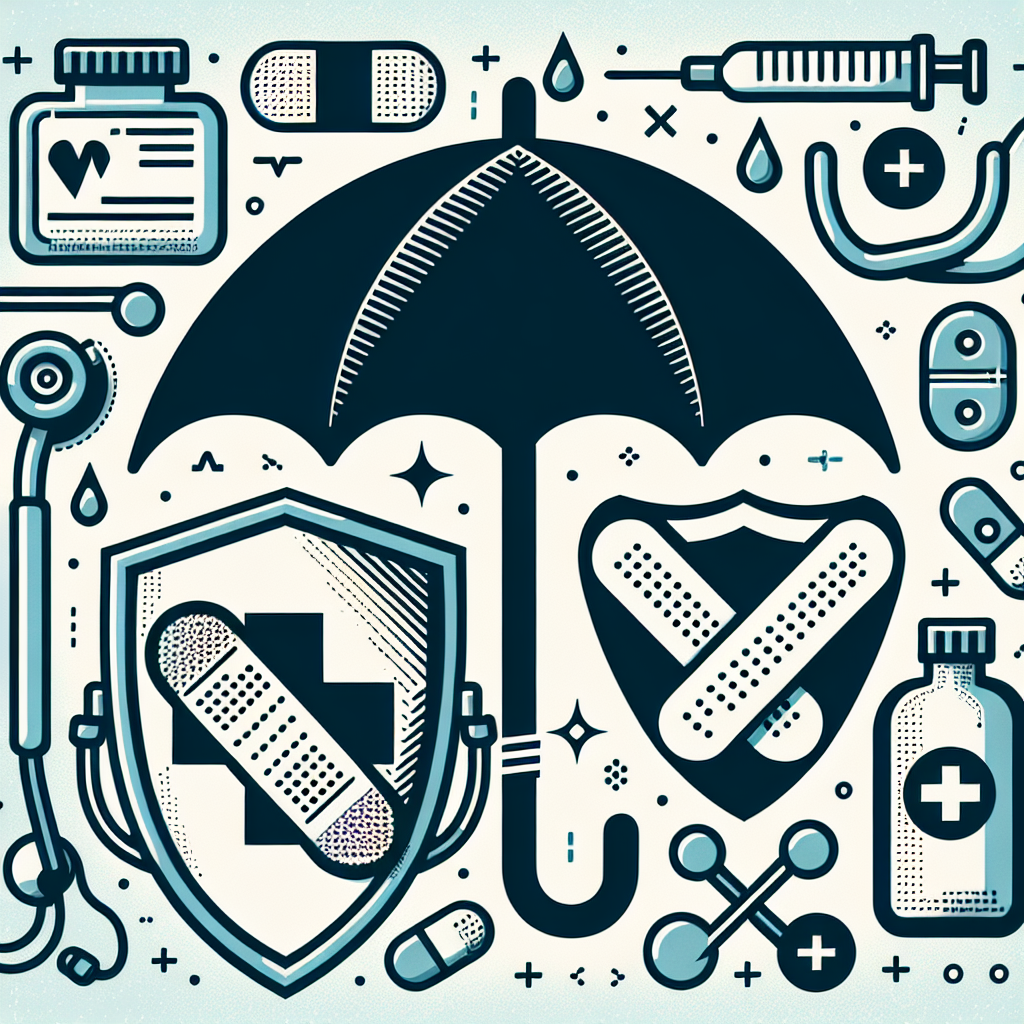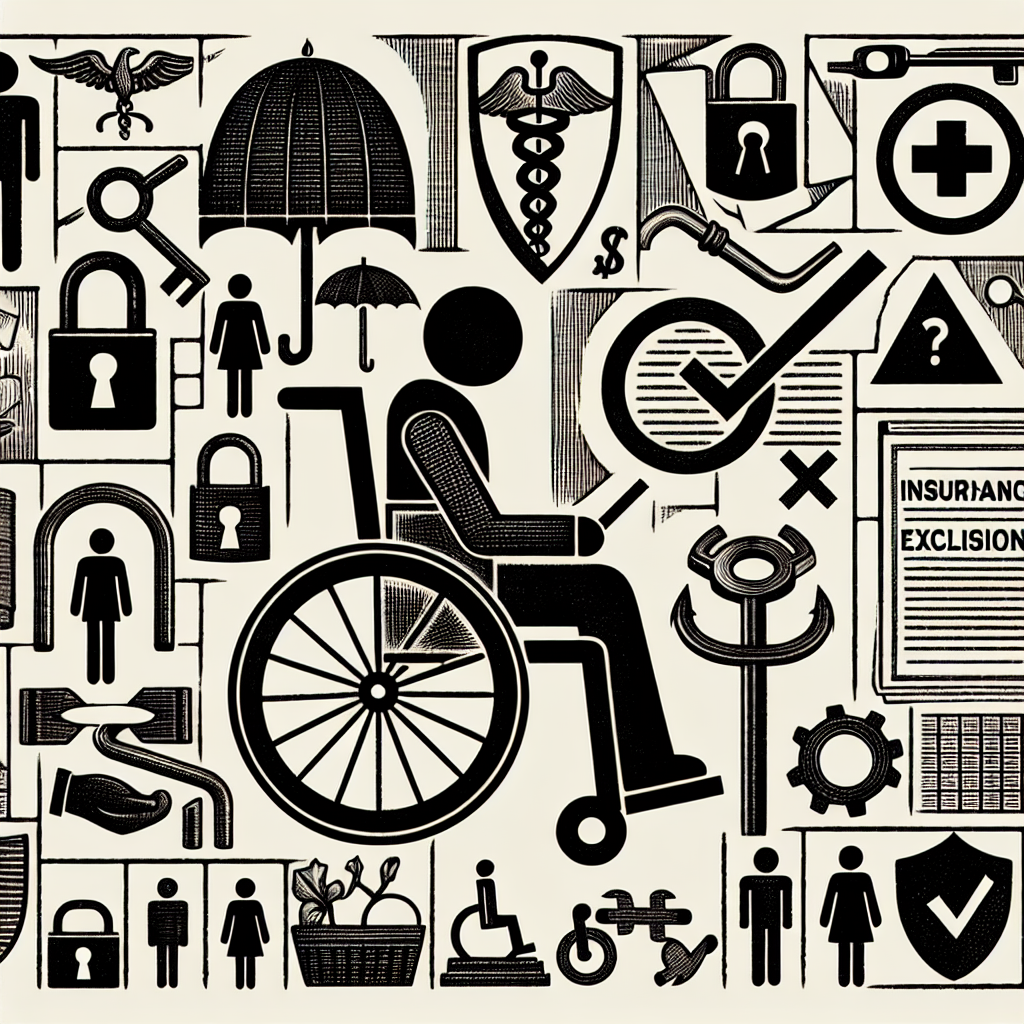Filed under Health Insurance on
How to Get Your Florida Health Insurance License 240

Embarking on the path to become a licensed health insurance agent in Florida can open doors to a rewarding career in the bustling world of insurance. If you are eager to join this profession, obtaining your Florida Health Insurance License 240 is a crucial step. This license empowers you to sell health insurance policies, facilitate informed decisions for clients, and thrive in a competitive industry. Here's a comprehensive guide to help you navigate the process, along with practical insights to ensure your journey is as smooth as possible.
Understanding the Importance of the Florida Health Insurance License 240
Holding a Florida Health Insurance License 240 is not just a legal requirement; it is a testament to your commitment and expertise in the field of health insurance. It signifies your ability to provide clients with thorough and accurate information, ensuring they make informed choices about their health coverage. Additionally, possessing this license can boost your credibility and open up opportunities for advancement in your career.
The Journey to Your License: Steps to Success
Step 1: Eligibility Requirements
Before diving into the licensing process, ensure you meet the basic eligibility criteria:
- Be at least 18 years old.
- Have a high school diploma or equivalent educational qualification.
- Be a resident of Florida or have a bona fide work address in the state.
- Possess a clean criminal record.
Real-life example: Jane, a 25-year-old Floridian with a keen interest in health insurance, decided to pursue her 240 license. With her high school diploma and clean background, she was eligible to begin the process.
Step 2: Pre-licensing Education
Completion of a state-approved pre-licensing course is mandatory. This education ensures you have a fundamental understanding of health insurance concepts, policies, and state regulations. The course typically includes 40 hours of instruction, which can be completed online or in-person. Choose a format that best suits your learning style.
Practical advice: Research various course providers and read reviews to select one that is reputable and offers comprehensive support materials.
Step 3: Pass the Licensing Exam
Once you complete your pre-licensing education, the next step is to schedule and pass your licensing exam. The exam assesses your knowledge of health insurance principles and state-specific laws. Here's how to prepare:
- Study Thoroughly: Utilize course materials, revise regularly, and take practice exams.
- Stay Updated: Make sure you are aware of any changes in the insurance laws that could affect the exam content.
- Time Management: Practice managing your time effectively during your study sessions and while taking practice exams.
- Examination Day: Arrive early, stay calm, and read each question carefully. Remember the techniques you practiced to manage your time during the exam.
Real-life example: Alex found the exam challenging but relied on the structured timetable he created to balance study hours with his daily routine. He also joined study groups, which helped reinforce his learning through peer discussions.
Step 4: Background Check and Application
Upon passing the exam, submit your application to the Florida Department of Financial Services along with a fingerprint-based background check. An application fee is also required, so ensure you check the current fee structure and have the necessary funds ready.
Practical advice: Compile all supporting documents beforehand, and double-check the completion of each application field to avoid potential delays.
Step 5: Maintaining Your License
Once you receive your Florida Health Insurance License 240, it’s important to maintain it through continuous education. This involves completing a set number of continuing education hours every two years, ensuring you remain up-to-date with evolving industry standards and practices.
Practical advice: Staying proactive in continuing education can differentiate you in the competitive marketplace and enhance your expertise in specialized insurance areas.
Navigating Real-world Challenges
While the journey to obtaining your license is structured, real-world experiences add valuable insights into developing a successful career. This includes networking with seasoned professionals in the field and seeking mentorship to guide your growth. Attending industry seminars and workshops can also provide exposure to new trends and enhance your professional network.
Real-life example: Samantha, a new license holder, committed herself to networking events and regular meet-ups within the insurance community. This not only expanded her contacts but also led to collaboration opportunities and ongoing professional development.
FAQs
1. What is the cost of obtaining a Florida Health Insurance License 240?
The total cost can vary based on course fees, exam fees, background check, and application fees. Be prepared to budget between $350 and $500 for the entire process.
2. How long does it take to get licensed?
The time frame can vary widely, but generally, it can take between 3 to 6 months, depending on how quickly you complete the education, pass the exam, and submit your application.
3. Can I sell other types of insurance with a 240 license?
Unfortunately, no. The 240 license specifically authorizes you to sell health insurance. To sell other types, you'll need the appropriate licenses, such as life insurance or property insurance licenses.
4. What happens if I fail the licensing exam?
Don’t worry, you can retake the exam. Evaluate what areas require more focus and consider additional study resources or prep courses if necessary.
5. Does this license allow me to operate in other states?
The Florida Health Insurance License 240 is specific to Florida. If you plan to sell insurance in another state, you’ll need to meet that state’s licensing requirements, which may involve background checks or additional exams.
Embarking on the journey to earn your Florida Health Insurance License 240 is both a professional commitment and a personal development experience. By adhering to the outlined steps and engaging with the community of professionals, you’ll be well on your way to a thriving career in the health insurance sector. Stay informed, proactive, and dedicated to continuous learning, and the rewards will follow.





